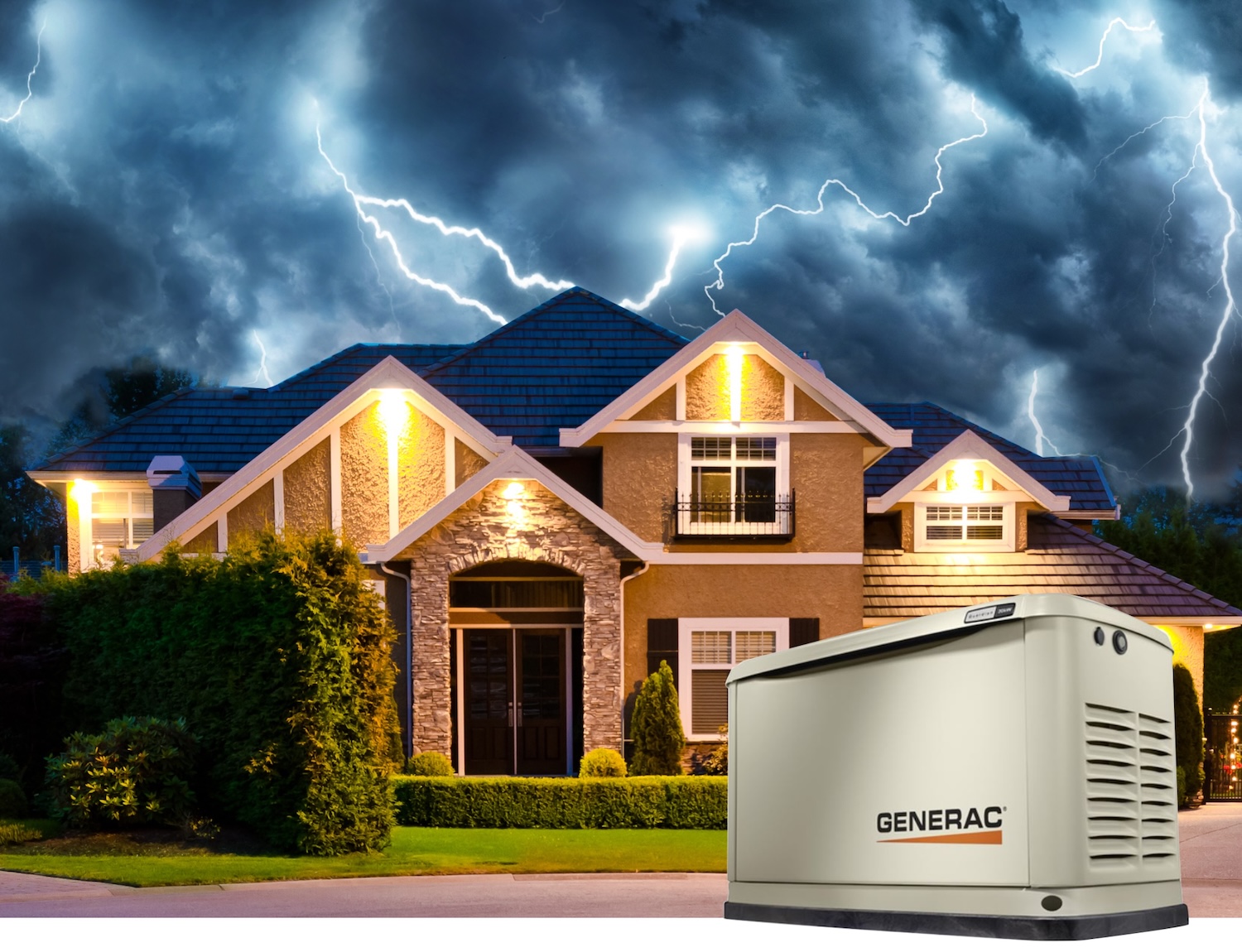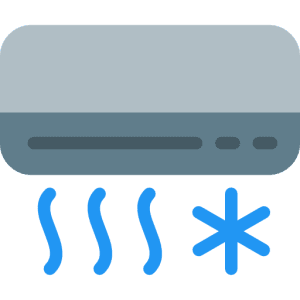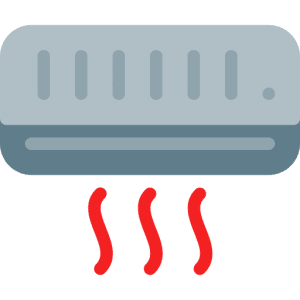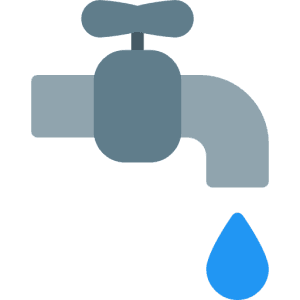How to Choose the Right Generator for Your Home

Call Today, Comfortable Tonight
When the lights go out, the last thing you want is to be left scrambling in the dark. Whether it’s a severe storm, unexpected grid failure, or prolonged outage, a reliable home generator can be your lifeline—keeping essential systems powered and your family comfortable.
At LimRic Plumbing, Electrical, Heating, and Air, we believe that comfort, safety, and peace of mind should never be left to chance. Since 1964, we’ve helped families throughout our community stay prepared and protected through expert solutions—and that includes helping you choose the right generator.
If you’re considering backup power for your home, this guide will walk you through the key decisions, important features, and practical tips for selecting a system that fits your life. Because with LimRic, “Call Today, Comfortable Tonight” isn’t just a saying—it’s our promise.
First Step: What Do You Want to Keep Powered?
Every home is different, and so are its power priorities. That’s why choosing a generator starts with knowing which systems and appliances you need during an outage.
Essential Circuits Only
If you’re looking to power just the basics—like your refrigerator, Wi-Fi, sump pump, and a few lights—a smaller generator might be all you need. These systems are budget-friendly while still offering crucial comfort and safety.
Whole-Home Backup
Prefer to live uninterrupted when the power goes out? A whole-house generator can power everything from your HVAC system and kitchen appliances to water heaters and medical equipment. This option ensures seamless living and maximum peace of mind—no matter how long the outage lasts.
LimRic’s experienced technicians help assess your energy needs and design a solution that aligns with your household’s size, lifestyle, and budget. We don’t believe in one-size-fits-all—we believe in trustworthy solutions tailored to you.
Choosing a Fuel Source
Next up: what will your generator run on? Different fuels come with different pros and cons, depending on availability, efficiency, and how long you need backup power.
Natural Gas
If your home already has access to a gas line, this is often the most convenient option.
- Benefits: Continuous fuel supply, no need to refuel, clean burning
- Ideal for: Urban or suburban homes with natural gas connections
Propane
Propane is a reliable alternative where natural gas isn’t available. It stores well and works in various conditions.
- Benefits: Long shelf life, clean combustion, stable power
- Ideal for: Rural areas or homes without gas line access
Diesel
Diesel-powered generators are known for high output and durability, especially in commercial or heavy-duty residential use.
- Benefits: Efficient fuel consumption, long runtime
- Ideal for: Homes or businesses with high power demands
We’ll walk you through the pros and cons based on your unique situation, so you feel confident and informed—not overwhelmed.
Generator Sizing: Why It’s Critical
Bigger isn’t always better—and smaller isn’t safer. The right generator should match your home’s energy load for both safety and performance.
Key Metrics to Consider:
- Running watts: how much energy your systems use while operating
- Starting watts: the temporary spike some appliances need to start up
Approximate Guidelines:
- Essentials only: 5,000–7,500 watts
- Partial-home coverage: 8,000–12,000 watts
- Whole-home power: 12,000–22,000+ watts
Not sure how to calculate all that? Don’t worry. Our team handles all the load planning and technical details, so you’re never left guessing.
Why Professional Installation Matters
Installing a generator is more than placing a unit outside and plugging it in. It requires safe electrical integration, proper permitting, and careful attention to building codes.
When you trust LimRic, you get:
- Thorough site assessment and system recommendation
- Expert installation with all local code compliance
- Automatic transfer switch setup for seamless activation
- Full system testing to ensure you’re ready for any outage
Best of all, our work is backed by our Lifetime Workmanship Warranty. Because we’re not just here to install—we’re here to stand by you for the long haul.
Don’t Forget Maintenance
Like your HVAC system or plumbing, generators need regular maintenance to perform when it matters most. Without it, even the best system can fail at the worst possible time.
Our 24/7 emergency services and scheduled maintenance plans include:
- Routine inspections
- Oil and filter changes
- Battery checks and software updates
- Full-function testing
Whether your generator kicks on once a year or once a week, we’ll make sure it’s always ready to go—just like we’ve done for generations of families in our community.
Why Invest in a Home Generator?
Beyond convenience, a standby generator protects your family, your property, and your peace of mind.
Benefits at a Glance:
- Automatic operation: No cords, no hassle—just instant backup power
- Protects appliances: Keeps food fresh, sump pumps running, and pipes from freezing
- Supports remote work: Keeps your internet and home office online
- Safeguards medical equipment: Critical if someone in your home relies on powered devices
- Increases home value: An added layer of security future buyers appreciate
And when you work with a team that has more than 5,000 five-star reviews, you know your comfort is in the best hands.
Frequently Asked Questions
How much does it cost to install a generator?
Prices vary depending on system size, fuel type, and installation complexity. Most homeowners spend between $6,000 and $15,000. We offer clear, upfront pricing with no surprise fees—ever.
How long can a generator run?
- Natural gas generators can run indefinitely as long as the gas line is active.
- Propane and diesel systems typically run for 24–72 hours depending on tank size and load.
We’ll help you size your fuel supply based on your goals and typical outage patterns.
Can I power my entire home?
Yes—with the right generator and setup. We’ll evaluate your home’s electrical system and make sure everything is safely supported.
Do generators require regular maintenance?
Absolutely. We recommend annual service or after every 100–200 hours of use. Maintenance keeps your generator running efficiently and helps avoid costly repairs.
What’s the difference between portable and standby generators?
Portable generators require manual setup and can be risky if not handled properly.
Standby generators are permanently installed, turn on automatically, and are much safer and more convenient for whole-home use.
Let’s Power Up Your Peace of Mind
At LimRic, we believe in doing more than just installing equipment—we’re here to protect your home, restore your comfort, and build trust that lasts. With decades of experience and a team that genuinely cares, we’re proud to serve our community with heart, expertise, and integrity.
- 24/7 Emergency Services
- 5,000+ Five-Star Reviews
- Experienced Technicians You Can Trust
- Honest, Effective, Long-Term Solutions
- Lifetime Workmanship Warranty
Call Today, Comfortable Tonight. It’s not just our tagline—it’s what we deliver every day.
- About Us (6)
- AC (12)
- Air Quality (7)
- Circuit Breakers (2)
- Commercial (0)
- Company News (3)
- Electrical (3)
- Electrical Repair (1)
- Energy-Efficient (3)
- Featured (0)
- Furnace (1)
- Generator Repair (1)
- Generators (1)
- Give Back Grant (3)
- Heat Pumps (1)
- Heating (5)
- HVAC (19)
- Plumbing (17)
- Residential (10)
- Thermostat (2)
- Uncategorized (35)
- Water Heater (4)
- Winter (1)











